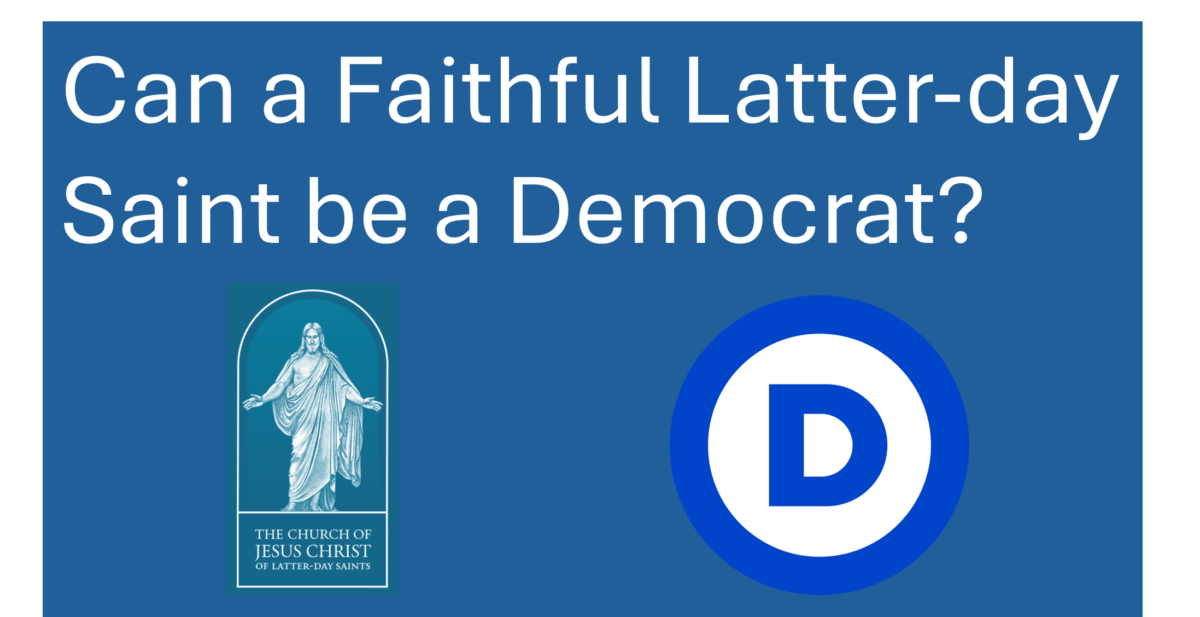When in scripture God promises that people will be “destroyed,” that can be controversial. Is it a threat? Coercion?
In my personal BoM reading this year, I’ve been struck by Alma the younger’s use of that word. When Mormon is telling Alma the younger’s conversion story in Mosiah 27, Mormon expresses the angel’s message using the term “cast off”:
And now I say unto thee, Alma, go thy way, and seek to destroy the church no more, that their prayers may be answered, and this even if thou wilt of thyself be cast off. (Mosiah 27:16)
But in Alma the younger’s own retelling of his story, he uses a different phrase to express what the angel told him:
And he said unto me: If thou wilt of thyself be destroyed, seek no more to destroy the church of God. (Alma 36:9)
Was Alma to be “Cast off” or “desroyed?” Are these two different concepts being expressed? I suggest no. In scripture, God’s influence is described in terms of sustaining, preserving and protecting. The influence of Satan is entropy, which is disorder and chaos.
Continue reading “Scripture note: To be “destroyed” is not what we tend to think”






